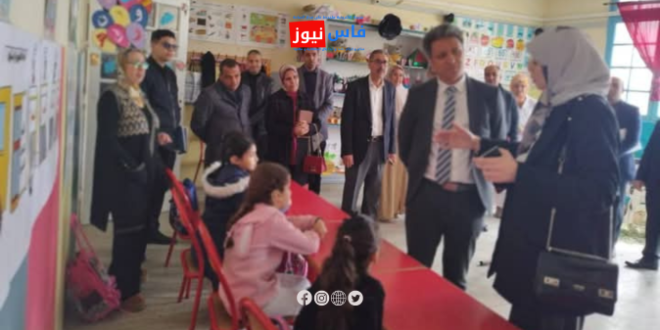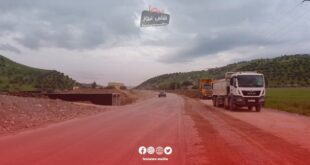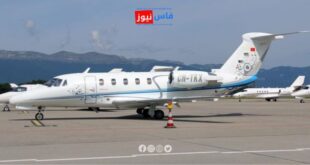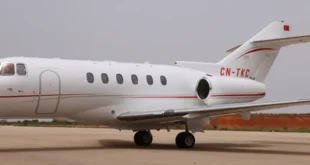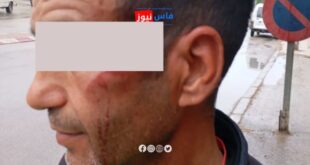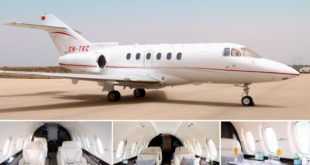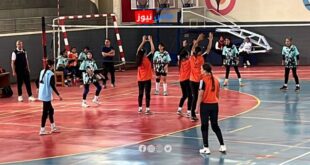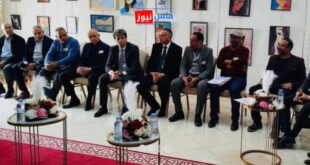In celebration of the World Cochlear Implant Day, observed annually on February 25, the Regional Academy of Education and Training in Fes-Meknes emphasized the importance of mobilizing the efforts of its partners to achieve the goals of the National Inclusive Education Program. This came during its participation in the scientific symposium organized by the “Amal Association for Cochlear Implant Recipients” under the theme “Cochlear Implants: Achievements of the Present and Challenges of the Future,” as part of the association’s seventh forum.
The Regional Academy of Education and Training in Fes-Meknes participated alongside its institutional partners in the field of disability, including the National Initiative for Human Development, the Regional Health Delegation, the Regional Coordination of National Cooperation, Sidi Mohamed Ben Abdellah University in Fes, the Regional Branch of the Mohammed VI Center for the Disabled, and the Higher School of Teachers in Fes.
In his speech, the Director of the Academy highlighted the significant progress and milestones Morocco has achieved in establishing the new paradigm of inclusive education, which aligns with national and international conventions. He also underscored the pivotal and leading role played by the Academy in providing equitable, inclusive, and quality education for students with disabilities. This is achieved through the rehabilitation and equipping of educational institutions to become inclusive, training educational and administrative staff in inclusive education, and adapting school life activities, continuous assessment, and certification exams.
In concluding his remarks, the Director commended the substantial and qualitative efforts made by various civil society actors working in the field of disability, aimed at achieving social and educational integration and comprehensive care services for children with disabilities in the region.
The scientific symposium featured interventions from various sectors involved in implementing the regional inclusive education protocol during its first session, focusing on each party’s contribution to the national inclusive education program. This was followed by a second scientific session that included presentations by a group of experts, university professors, specialists, and doctors on the topic of cochlear implants, their current achievements, and future challenges.
During a field visit, a delegation of attendees, accompanied by the Academy Director, representatives from other sectors, and members of the association, closely observed the educational, rehabilitative, and therapeutic services provided to children with disabilities in inclusive educational institutions. The multidisciplinary team at the inclusive educational complex of Abdellatif Laabi Primary School provided detailed explanations about the processes of delivering support services for these children, including speech therapy, sensory-motor therapy, neuropsychological and cognitive therapy, special education, and support and mentoring services.
 فاس نيوز ميديا جريدة الكترونية جهوية تعنى بشؤون و أخبار جهة فاس مكناس – متجددة على مدار الساعة
فاس نيوز ميديا جريدة الكترونية جهوية تعنى بشؤون و أخبار جهة فاس مكناس – متجددة على مدار الساعة

